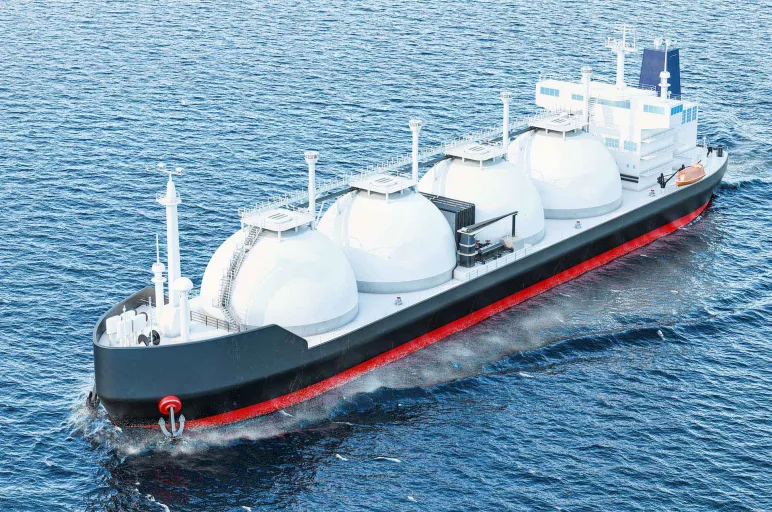
Carbon-Neutral LNG Cargoes: What’s Fueling the Demand?
- More and more oil companies are buoying carbon credits to offset the emissions from LNG shipments
- The carbon credits are used to fund afforestation and renewable energy projects
- Environmental groups are skeptical, saying the credits do not actually nullify the emissions generated through LNG shipments
December 11, 2021 | Oil and Gas
As the world races towards clean energy solutions, the oil and gas supply chain is also increasingly decarbonizing itself. Carbon-neutral liquified natural gas (LNG) shipments is a recent example.
Carbon-neutral LNG cargo refers to offsetting carbon emissions generated from the LNG supply chain through carbon credits, which are used for financing afforestation and renewable energy projects.
‘Decarbonization’ of these LNG shipments allows oil and gas producers to sell a differentiated product to buyers looking for fuel cargoes that are considered environmentally less harmful.
Companies often make use of the carbon credits from green projects to offset the carbon footprint created in the production and transportation of LNG.
For example, a verified carbon standards emissions certificate that Total bought in October 2020 for an LNG shipment to Chinese National Offshore Oil Corporation would be used to finance a wind energy project in China and to protect forests in Zimbabwe.
How is the market for carbon-neutral LNG shipments?
Most of the buyers for LNG are in Asia, who import natural gas for use as an alternative to coal in electricity generation.
The first carbon-neutral LNG cargo was bought by Tokyo Gas and GS Energy from Shell in 2019. The trend has caught on.
Such transactions have increased in the last two years (up to 30), with 2021 seeing twice as many transactions as the previous two years combined, with suppliers and buyers such as Shell, JERA, Petronas, Mitsui, Gazprom, RWE, Trafigura and Reliance. Majority of these natural gas cargoes have been purchased by Asian buyers for delivery to South Korea, Japan, India, China, and Taiwan.
What are the challenges to carbon-neutral LNG?
Environmental groups have shown their skepticism on the use of carbon offsets, likening it to “greenwashing”.
According to critics, the offsets are being used to justify fossil fuel use and do not actually nullify the emissions generated through LNG shipments.
Offsetting of LNG shipments can also be costly as the price of fuel goes up.
How is the market being promoted?
The key to developing the carbon-neutral LNG market would be to maintain transparency among buyers and sellers on climate-warming emissions, according to a study by Columbia University's Center on Global Energy Policy. This could be achieved through the setting up of an independent third-party, responsible for setting global standards for reporting offsets and LNG emissions. Disclosure of cost premiums for purchasing LNG supplies that are carbon neutral will be quintessential for the buyers and suppliers, says the think tank. The addition of the dealers’ share alongside the cost of offsetting emissions should also be a part of the cost premium.
Conclusion
With increasing carbon consciousness, the demand for LNG cargo is only going to increase. The trade for carbon-neutral LNG constitutes a tiny share of the LNG trade but has the potential to take up a more critical role in the coming time. Procurement managers could consider this trend and make informed sourcing decisions.
Sources and references:
https://www.cmegroup.com/education/articles-and-reports/going-green-with...
https://www.energypolicy.columbia.edu/research/commentary/carbon-neutral...
https://www.bloomberg.com/news/articles/2021-09-09/-carbon-neutral-lng-b...
https://www.energyvoice.com/oilandgas/asia/345733/buyers-question-carbon...
https://www.cnbctv18.com/environment/explained-how-can-carbon-neutral-ln...
https://totalenergies.com/media/news/communiques-presse/total-delivers-i...



